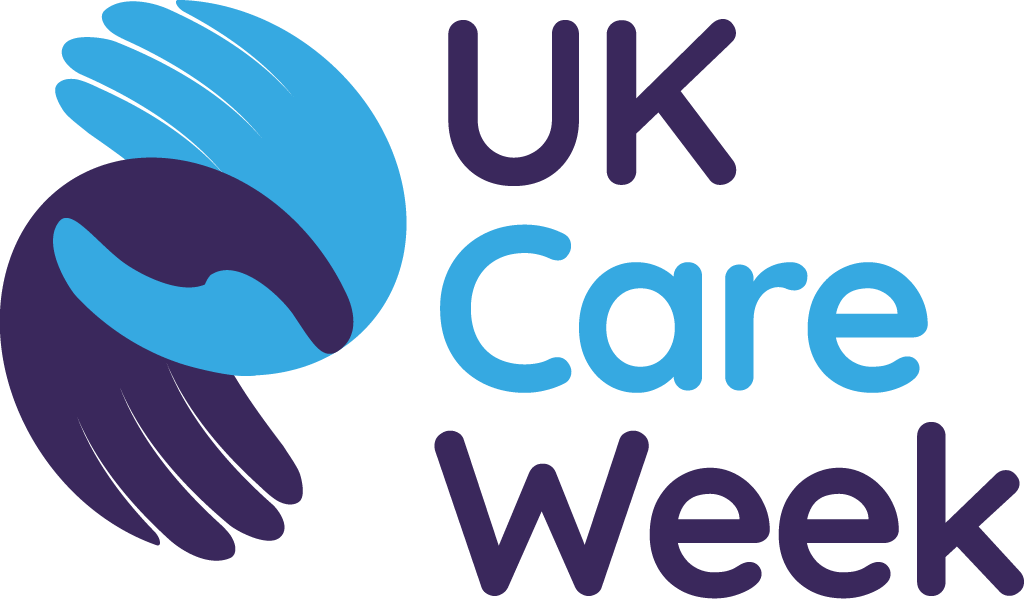Why we should care about those who care for others?
)
The terms to care about and to care for are not interchangeable.
We all care about something(s), or someone(s). Whether directly connected to us or a more general ideology or issue. Global warming, the cost of living, the war in the Ukraine, education, and access to NHS services are but few examples of issues people currently care about. We also care about our family and friends, our pets, or our wider community. When we care about someone or something, we mean that we hold them dear and that it is important to us that they/it, do well according to us and our beliefs.
Caring about keeps us engaged with the world around us, however wide or small, personal or public. When we care about issues or people we are driven to act, to influence, to bring about change, or prevent a change that is considered undesirable. Greta Thunberg, Marcus Rashford, and Richard Ratcliffe have shown the power to influence that can be generated by individuals, when caring strongly about something.
Most of us have also, at some point in our life, cared for someone. We care for our babies and children until they are independent. Many have at some time or another supported a friend, a neighbour, or a relative, when they needed help, due to ill health, injury, or emotional or mental anguish. Usually for a limited time, we would put aside considerable time to ensure that they have what they need. We would do the shopping, cook, take their pets for a walk or pick up the children from school. If needed we would help them shower or move about, or just spend time with them, listen to them, have a laugh, or a cry.
Caring about and caring for, despite the difference between them, are both viewed positively. They are largely synonymous with being conscientious, benevolent, selfless, giving, compassionate, dedicated and so forth.
It is therefore puzzling that when it comes to describing professional carers and the work that they do the terminology used is often much less positive, at best.
Professional carers and others working in social care, whether in care homes, domiciliary care, or other settings, are often regarded and referred to as ‘unskilled’ with low salaries to match. Their role often compared to ‘stacking shelves’ which has become the euphemism for low skilled / low paid roles at the bottom of the hierarchy.
Really???
Do the following sound like low skilled or mechanical tasks that just about anyone could or would do?:
Supporting vulnerable and frail people and their families, at times of crisis, separation, and loss?
Ensuring that people in the final days and hours of life are comfortable, and dignified?
Giving meaning, dignity, love, and purpose to those who have lost the capacity to do this without help and those who have nobody who can do it for them?
Accepting physical and verbal challenges from those living with conditions such as dementia (and sometimes from those who should know better), as a professional hazard?
Being responsible and accountable to regulatory scrutiny?
No, they don’t.
So, is it time that we stop downgrading professional care, and instead recognise and remunerate the army of people working in social care, who do the hardest, most sensitive and skilled jobs, on our behalf, for the frailest in our society?
Let’s make a difference and afford them the recognitions, professional status, and monetary rewards they deserve.
If we care about it enough, we could make a difference.
Let’s make sure that we care about those who care for.
Come and see Gabriella Wills speak at UK Care Week at 13:45 on the 22nd of March.



